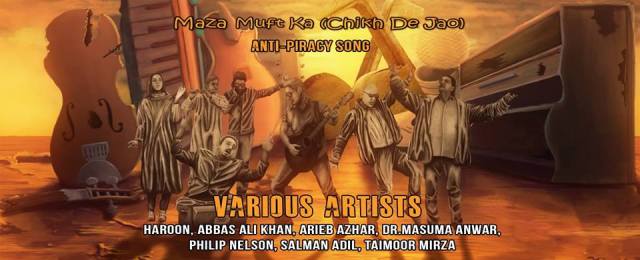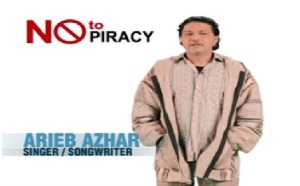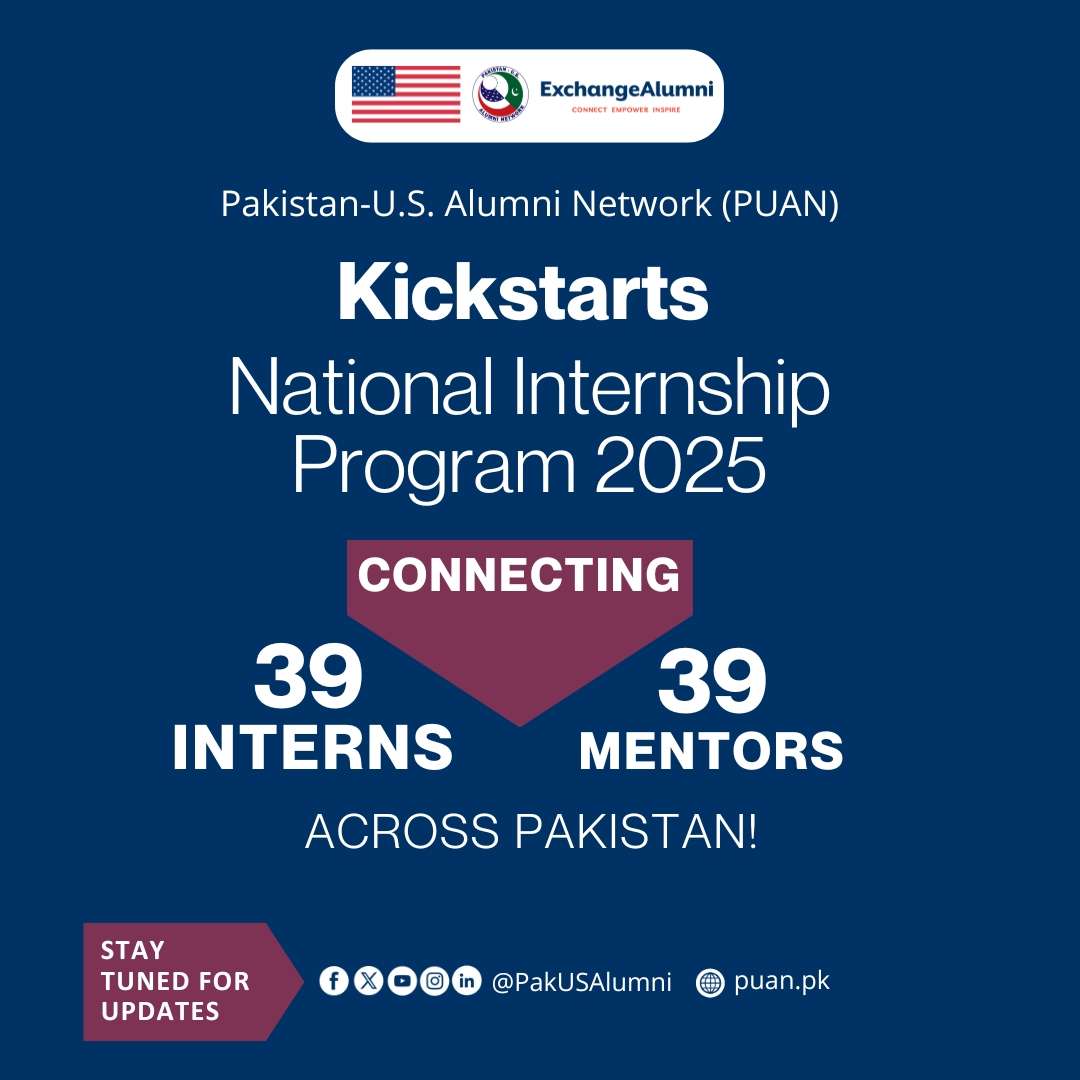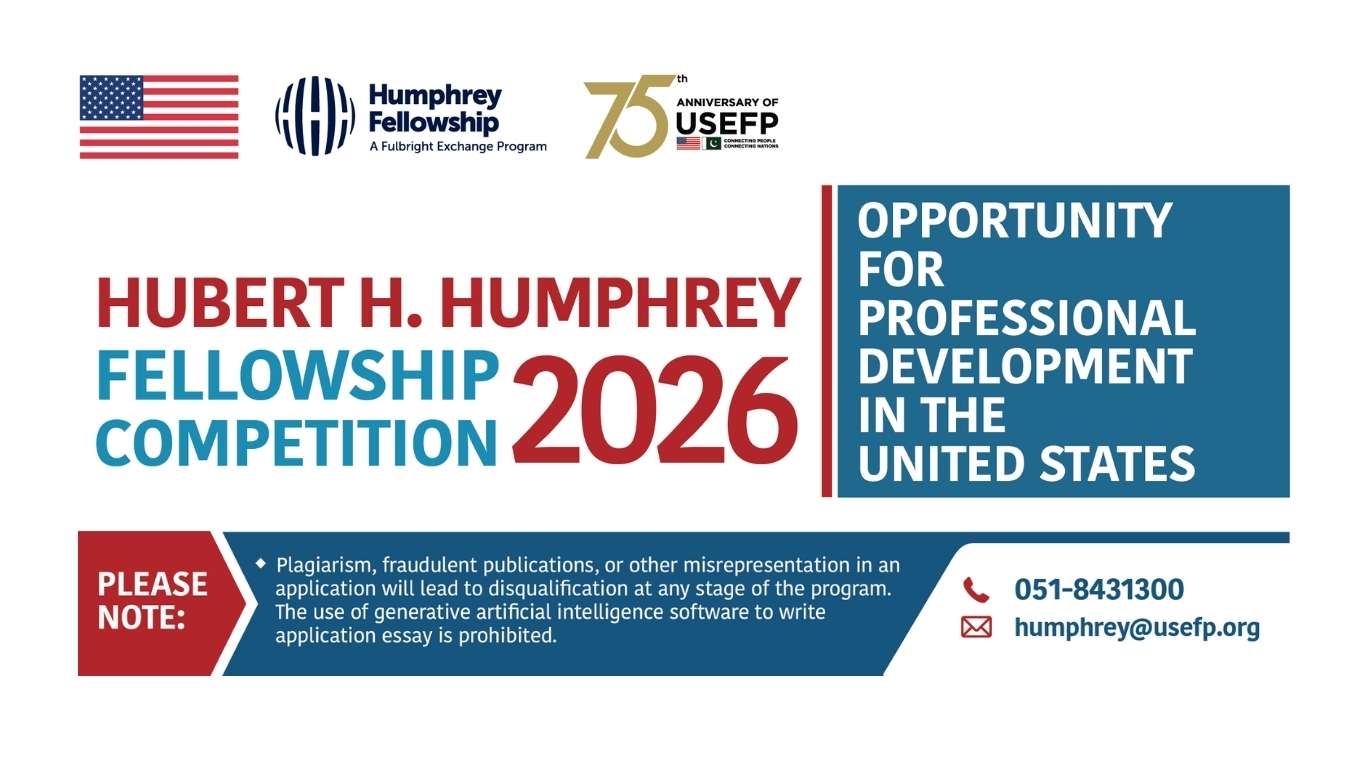By Hira Nafees Shah
The World Trade Organization says that Intellectual Property Rights (IPR) are rights given to persons over the creations of their minds. They usually give the creator an exclusive right over the use of his/her creation for a certain period of time.
These rights can appear in various forms like copyrights, patents and trademarks. The World Intellectual Property Organization marks a World Intellectual Property Day every year on April 26, to “raise awareness of how patents, copyright, trademarks and designs impact daily life” and “to celebrate creativity, and the contribution made by creators and innovators for the development of societies across the globe.”
To commemorate the day, the Islamabad chapter of the Pakistan-U.S Alumni Network organized a seminar April 25, 2014 at the National Library to raise awareness about the issue.
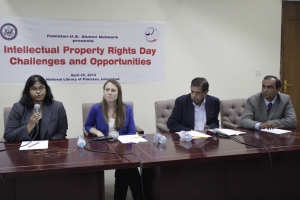
Mia TerHaar, Economic Attaché at U.S. Embassy Islamabad moderated the discussion, which was attended by around 100 people. The panelists spoke about the challenges of implementing copyright law in Pakistan, and the benefits such laws could bring to the country’s creative industry.
Judge Majid Bashir, an International Visitor Leadership Program (IVLP) alumnus and copyright expert, said one of the main challenges is that singers and producers lacked awareness of how to take advantage of these legal protections.
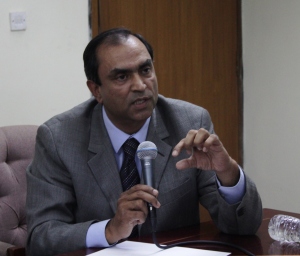
Film critic Ijaz Gul shed light on how the movie industry had started in India and Pakistan and the origins of plagiarism in the sub-continent.
Kalpana Reddy, a First Secretary of Intellectual Property from U.S. Embassy New Delhi elaborated, saying that although film had first started in Lahore, Pakistan was not able to sustain the momentum.
“The viability of any industry depends on its awareness of copyright,” she said, while detailing how Hollywood was able to protect its’ movies from being ripped off by Bollywood, because of the presence of its copyright law. She also said that overall Intellectual Property industries contributed about 35 percent to the American economy.
“J.K Rowling is richer than the queen because of the beauty of intellectual property rights,” said Bashir. He explained that a person should register his work, in order to establish ownership over it, and should also inform the government about his exclusive rights over his product.
Ijaz Gul lamented about how so many artists had died in poverty in Pakistan.
“The singers had no money to pay their bills and this can be attributed to the fact that they did not get royalty for what they had created,” he said.
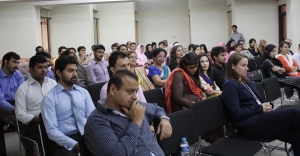
The seminar also featured a dynamic Q&A session with the audience. Bashir revealed that India had changed the culture of copyright laws to give priority to the artists; singers, not producers, now receive royalties for their songs.
In response to a question, Gul spoke about the future of copyright laws in Pakistan. He said that celebrities and artists should join hands to raise awareness about intellectual property rights among the masses, for the sake of betterment of the country.
One alumnus and musician Arieb Azhar, a 2012 Center Stage participant, is leading the charge with an awareness song on the negative effects of piracy.
He and a collection of Pakistani musicians have released the anti-piracy song Maza Muft Ka (Chikh De Jao) to raise awareness of the importance of copyrights for artists.
The song features Haroon, Abbas Ali Khan, Dr. Masuma, Salman Adil, Taimoor Mirza and Phillip Nelson. The lyrics challenge listeners to remember the artists who put their heart into creating music, and think twice about taking a “free ride” and downloading pirated copies.
“Artists suffer when they don’t receive compensation for their work,” Azhar says. “I know many talented musicians who have been forced to leave music behind to pursue careers where they can actually support themselves. And that’s a loss to our nation and devastating for our music industry.”
Check out the music video and downloaded the song for free at
http://taazi.com/NoPiracy/video/288/Maza-Muft-Ka, Pakistan’s first legal music sharing website. A Public Service Message is also available at http://taazi.com/NoPiracy/video/289/Say-No-to-Piracy—PSM.
“Our singers, writers and poets have the ability to meet the standards of the world,” Bashir said in his concluding note at the seminar, while remarking about the opportunities that intellectual property rights could bring for artists in Pakistan.
“Save the music and support copyright,” singer Haroon adds, “And you’re supporting Pakistan’s artistic and cultural heritage.”


